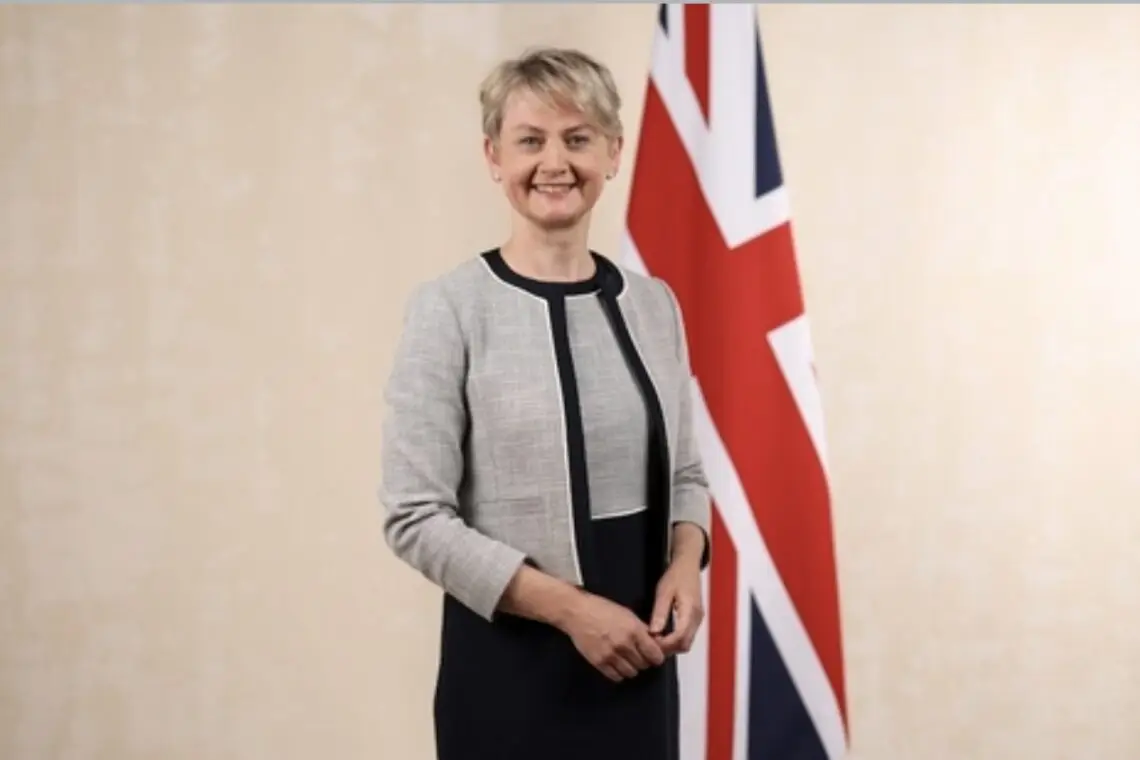
The UK Home Secretary, Yvette Cooper, is preparing to publish a wide-ranging immigration white paper outlining fresh plans to reduce net migration, which reached 728,000 in 2024, according to the latest government figures.
The anticipated proposals mark the latest attempt by a UK government to lower net migration—the difference between the number of people entering and those leaving the country—a target that has historically proven difficult to achieve. Net migration had previously peaked at a record 906,000 in 2023.
While the Home Office has yet to officially confirm the contents of the white paper, expected early next week, several key reforms are believed to be under consideration across employment, residency, visa scrutiny, and legal interpretation frameworks.
Skills-Based Hiring and Domestic Workforce Investment
One of the central pillars of the expected reform is a requirement for employers to demonstrate investment in domestic skills before sponsoring workers from overseas. This initiative is in line with the Labour government’s long-standing commitment to reduce reliance on foreign labour by strengthening the domestic labour market.
The IT and telecommunications sectors, in particular, are likely to face new obligations to upskill local workers before recruiting internationally. The expanded role of the Migration Advisory Committee (MAC) will include identifying sectors with systemic labour market imbalances and advising where further scrutiny is needed.
Tighter Visa Restrictions Based on Overstay Risk
Visa applications from individuals originating from countries with higher rates of visa overstays and subsequent asylum claims are expected to be subjected to stricter screening procedures. This includes applicants from Pakistan, Nigeria, and Sri Lanka—countries previously identified by the Home Office as the largest sources of such cases.
The changes could involve enhanced questioning, stricter documentation checks, and increased discretionary powers for visa officers to reject applications where risks are identified.
Changes to Indefinite Leave to Remain
Under the current system, most migrants can apply for Indefinite Leave to Remain (ILR) after residing and working in the UK for five years. The white paper is expected to propose extending this residency period to as long as ten years for certain migrant categories.
Such a change would have significant implications for long-term residents planning settlement in the UK and may increase uncertainty for skilled workers and families seeking permanent residency.
Stricter English Language Requirements
The white paper is also likely to address English language standards for visa applicants. While reports suggested a potential increase to A-Level equivalence, the Home Office has denied such a move. However, tougher standards are still anticipated, particularly for work-related routes, above the current GCSE-equivalent level.
Language proficiency is a key consideration in ensuring integration and employability, but legal experts warn that unjustified elevation of standards may risk excluding otherwise eligible applicants.
Recent Rule Change on International Care Workers
The white paper is expected to reaffirm the April 2025 policy change concerning international care worker recruitment. As of 9 April, care providers must first demonstrate that they have actively tried to recruit staff from within England before applying to sponsor international workers.
This policy aligns with the government’s focus on supporting local employment but adds further compliance responsibilities for care sector employers reliant on overseas recruitment.
Review of Article 8 and the “Right to Family Life”
The Government is also reviewing how Article 8 of the European Convention on Human Rights (ECHR) is applied in immigration decisions. The review aims to clarify the interpretation of the “right to a family life” in order to reduce inconsistency and perceived judicial overreach in immigration tribunal decisions.
Home Secretary Yvette Cooper has indicated that a “stronger framework” could be implemented to better define how international legal obligations are interpreted in domestic law. The proposed changes follow her successful appeal of a case involving the deportation of an Albanian national, where a tribunal had blocked removal due to the impact on the man’s son, citing emotional and sensory difficulties and the child’s limited diet.
Sector Reaction and Legal Perspective
While the Government argues that these proposals reflect a need for stronger migration control, stakeholders across education, health, and legal sectors have warned against overcorrection. There are concerns that sweeping restrictions could adversely affect public services, international partnerships, and the UK’s attractiveness to global talent.
Mr Garth Coates, Principal Partner at Garth Coates Solicitors, commented:
“A careful balance must be struck between controlling migration and preserving the UK’s reputation as a welcoming destination for skilled workers, international students, and families. Reforms must remain legally sound, procedurally fair, and respectful of the human rights framework to which the UK is a signatory.”
As the white paper is released, Garth Coates Solicitors will continue to monitor developments and provide expert guidance to clients navigating these anticipated legal and procedural changes.








